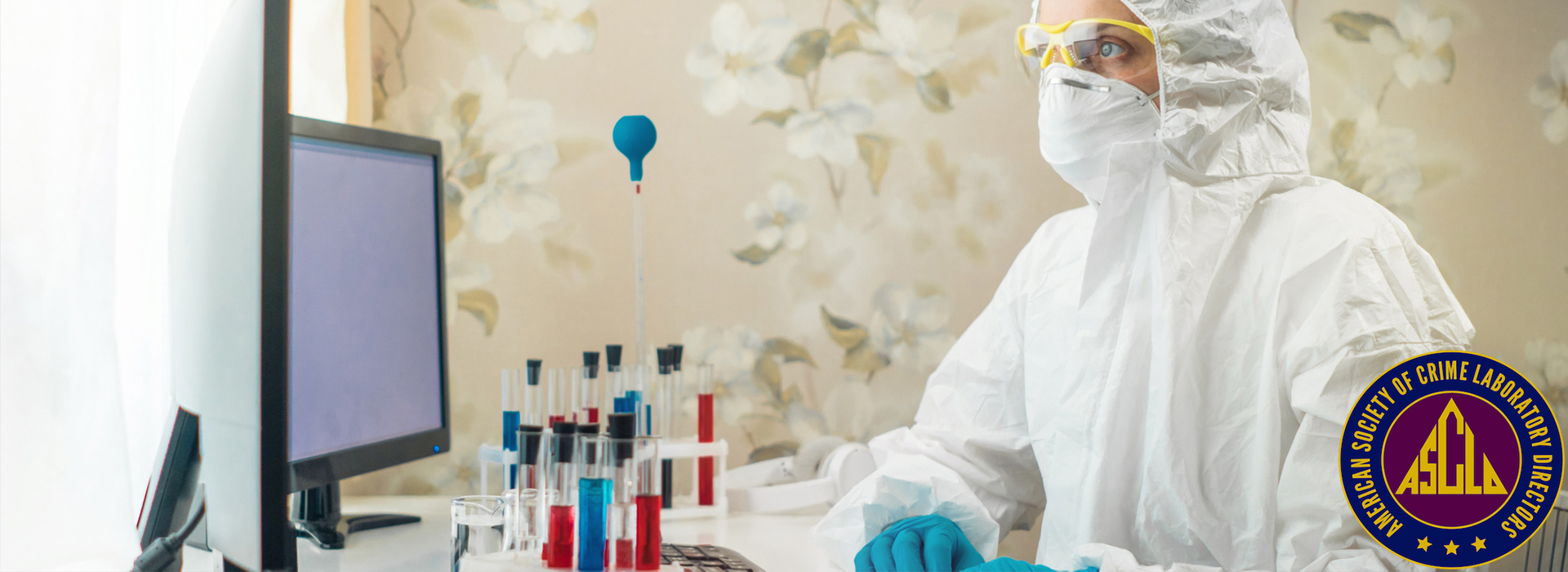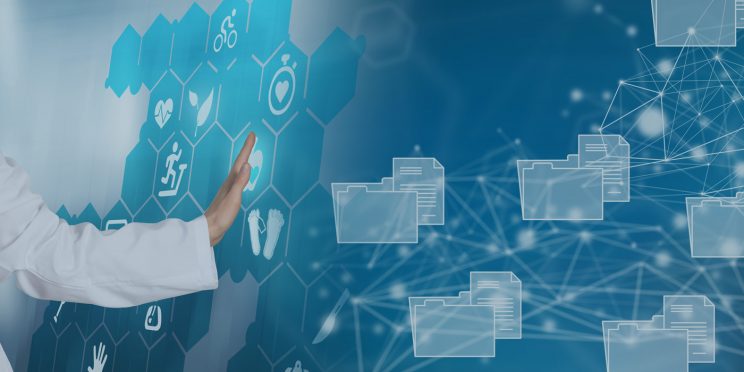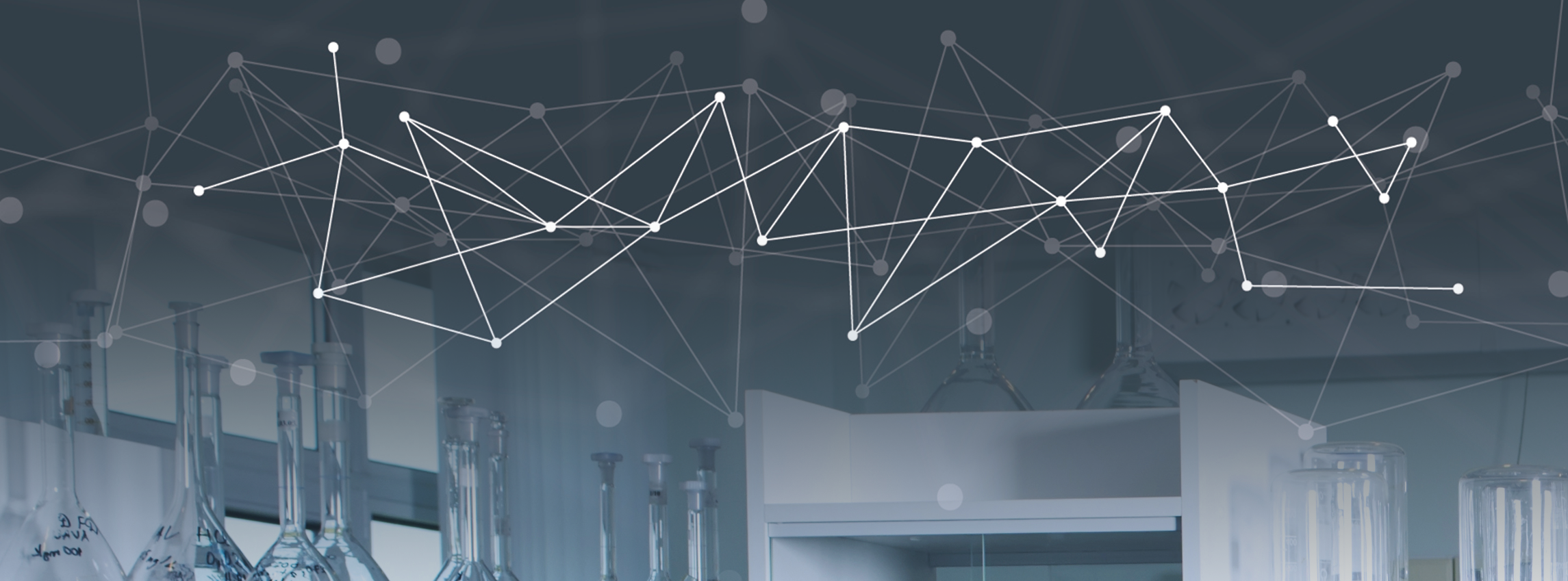This webinar originally occurred on March 17, 2021
Duration: 1 hour
Overview
The COVID-19 pandemic has had an immeasurable impact on workplaces around the world. Organizations have had to rapidly implement operational changes in order to ensure the safety of workers and the continued timely delivery of products and services. As essential service providers, forensic laboratories have similarly pivoted, utilizing various approaches, staff input, and public health guidance to continue to deliver critical services. Remote work has been a highly effective strategy utilized in many forensic labs to limit the number of staff in the workplace, increase physical distancing for those who remain. The proper deployment of various digital tools has enabled the continued flow of evidence processing.
In this webinar, three presenters who hold leadership roles in diverse operational forensic laboratories shared their perspectives and the strategies they employed to introduce remote work into their laboratories. Each presenter discussed the importance of considering Personnel, Communication, and Operations in the development of an effective remote work strategy.
Detailed Learning Objectives
- Have a better understanding of challenges encountered in the implementation of remote work in the forensic laboratory.
- Understand the importance of considering the impact on personnel, the importance of communication, and the key operational factors in the development of remote work strategies.
- Learn about the different remote work approaches utilized and outcomes experienced at a County laboratory, a State laboratory and a Private Sector laboratory.
Presenters
- Tate Yeatman | Director of the Palm Beach County Sheriff’s Office Crime Laboratory
- Catherine Knutson | Deputy Superintendent of Forensic Sciences at the Minnesota Bureau of Criminal Apprehension
- Mike Cariola | President and CEO at Bode Technology
- Tony Tessarolo, Moderator | Director of the Centre of Forensic Sciences, Toronto
Funding for this Forensic Technology Center of Excellence webinar has been provided by the National Institute of Justice, Office of Justice Programs, U.S. Department of Justice.
The opinions, findings, and conclusions or recommendations expressed in this webinar are those of the presenter(s) and do not necessarily reflect those of the U.S. Department of Justice.
Contact us at ForensicCOE@rti.org with any questions and subscribe to our newsletter for notifications.




